With billions invested in R&D and constant fleet renewals conducted by airlines globally,
the aerospace and aviation sectors
have improved aircraft efficiencies at ~1% p.a. for many decades. This is a huge achievement – aircraft today are far more fuel efficient than they have ever been, enabled by high bypass ratio gas turbines, composite aerostructures, and advanced airline operations.
However, despite current lows due to the
COVID crisis
, the aviation sector is expected to return to growth far in excess of ~1% p.a., meaning that its emissions will continue to grow in the long-term. By 2050, without intervention, aviation's emissions are expected to triple.
At the same time, the industry has set itself a target to reduce emissions to half of 2005 levels by 2050.
To meet this target and decarbonise, aviation will need to adopt revolutionary measures. Alongside electrical propulsion and
hydrogen fuels
, Sustainable Aviation Fuels (SAFs) will have a crucial role to play.
The benefits of SAFs
SAFs are a wide range of kerosene alternatives produced through chemical reactions from various feedstocks, both biological (e.g. Algae) and synthetic (e.g. Hydrogen and CO2). SAFs can be a "net-zero" decarbonisation option: while CO2 is still produced during aircraft operation through burning SAFs, atmospheric CO2 is absorbed in their production. In this way, CO2 emissions on a net basis are reduced, or could even hit zero with the correct production and operational processes.
![{[downloads[language].preview]}](https://www.rolandberger.com/publications/publication_image/sustainable_avitation_fuels_cover_download_preview.png)


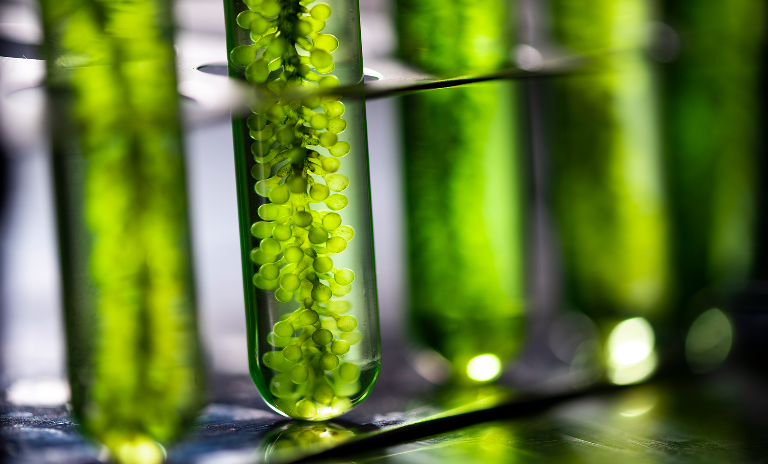



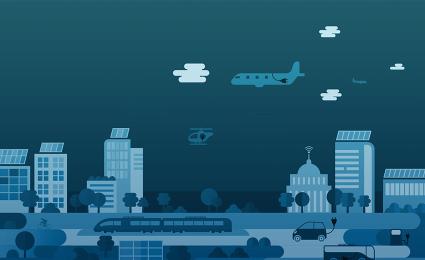
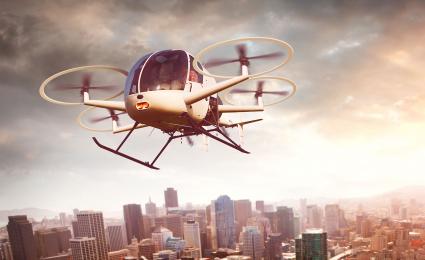
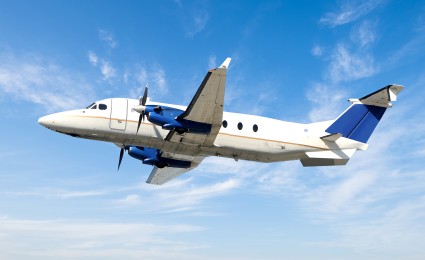
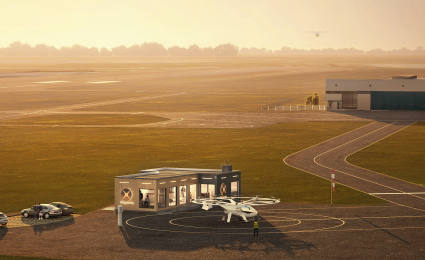
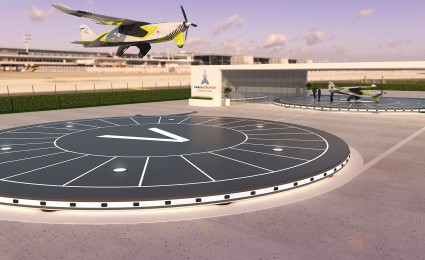
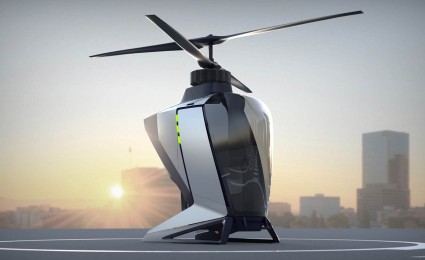
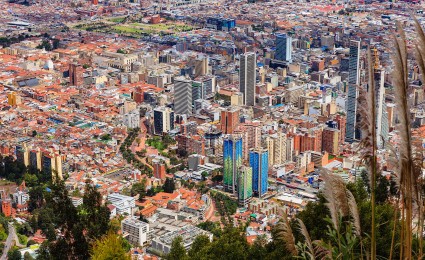
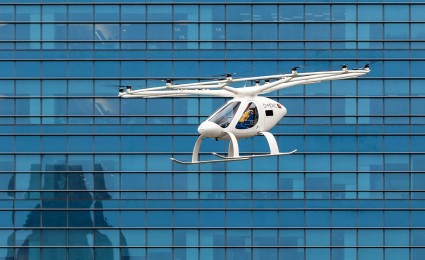
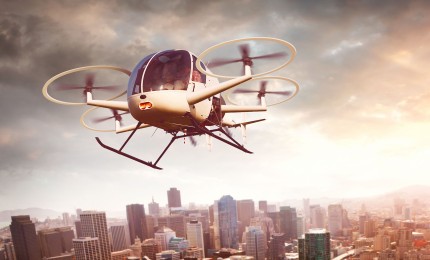
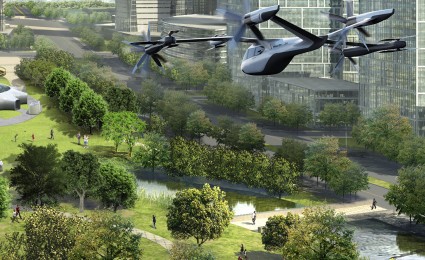

_person_144.png)